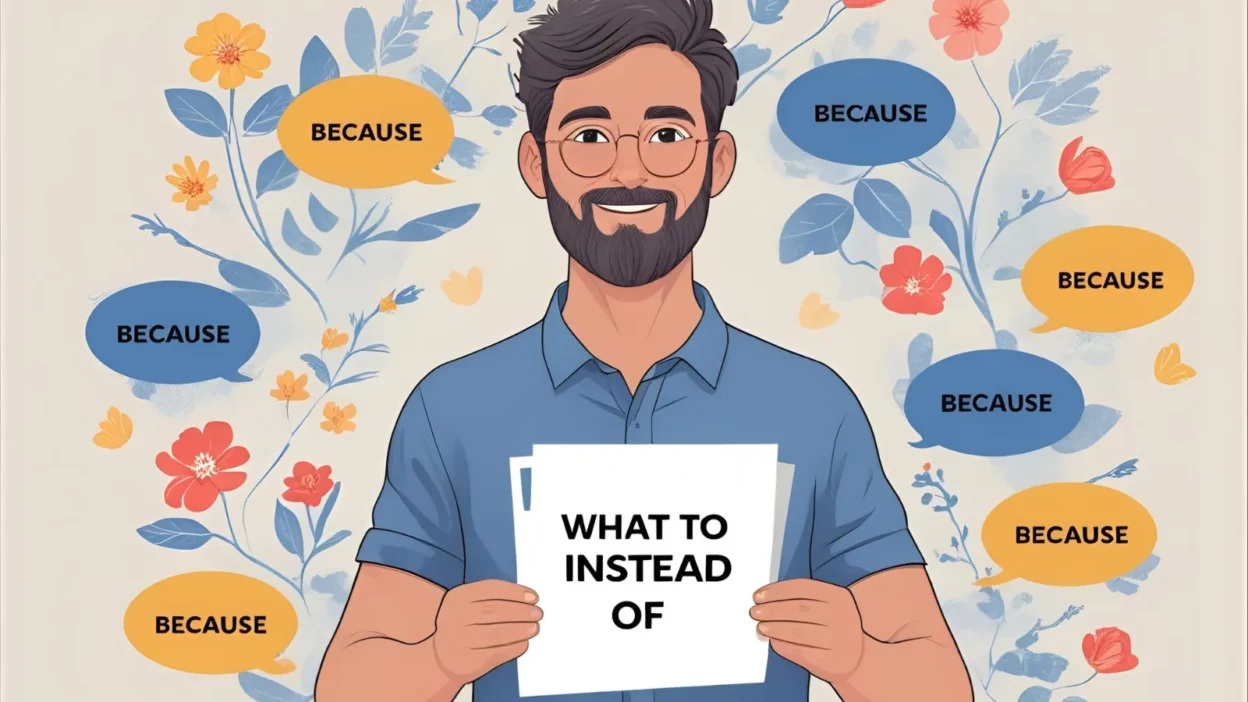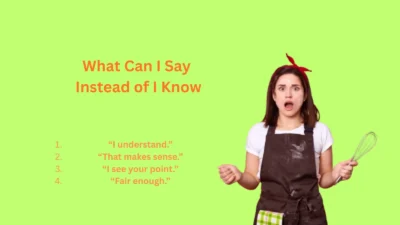We use the word “because” all the time. It helps us explain things, give reasons, and make sense of what we say. But what if you want to sound a little different, more polite, or clearer? Knowing what to say instead of because can improve your writing, help in conversations, and even make you sound more confident.
Whether you’re writing a school paper, texting a friend, or having a serious talk, switching up your words can make a big difference. In this post, we’ll explore helpful ways to say something without always using “because.” You’ll learn when to use different phrases, how to sound more thoughtful, and what not to say.
Let’s look at how a simple word change can help you communicate better.
Sorry Generator
Why Look for Alternatives to “Because”?
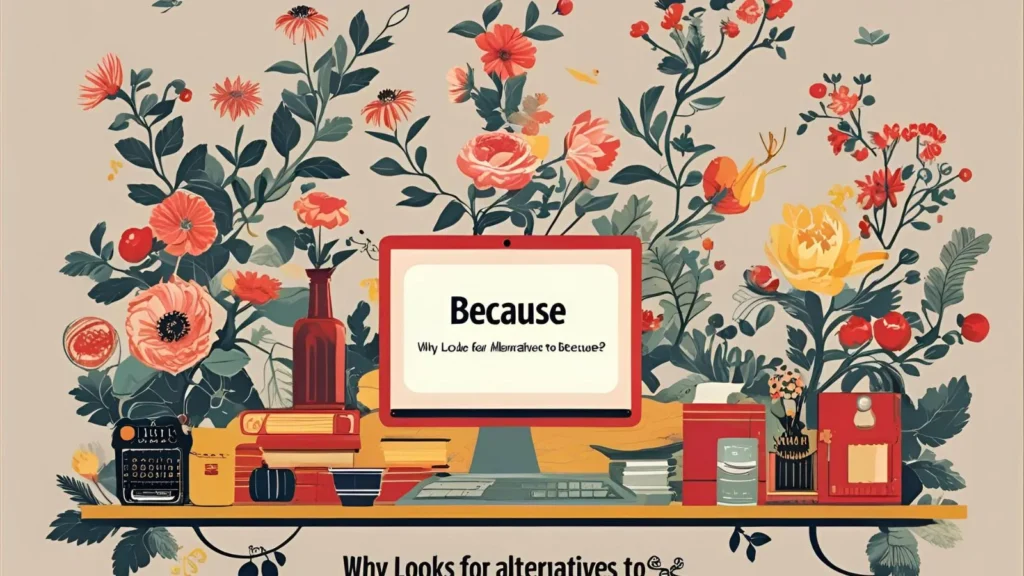
Using “because” too often can make writing or speaking feel repetitive. It’s not wrong, but using new phrases keeps things fresh. Some alternatives sound more formal, while others are just easier to understand.
Real-life scenario: In a school essay, writing “I chose this topic because it’s interesting” might sound too simple. Using another phrase can add variety and clarity.
What to Say:
- “I chose this topic due to its importance.”
- “I selected it as a result of its popularity.”
- “I focused on this issue since it matters to many people.”
- “This topic stood out to me on account of recent events.”
What Not to Say:
- “I picked it cause it was cool.”
- “Because I had to.”
- “It was easy, so because of that.”
- “I just did, because whatever.”
Use “Since” or “As” for Smoother Explanations
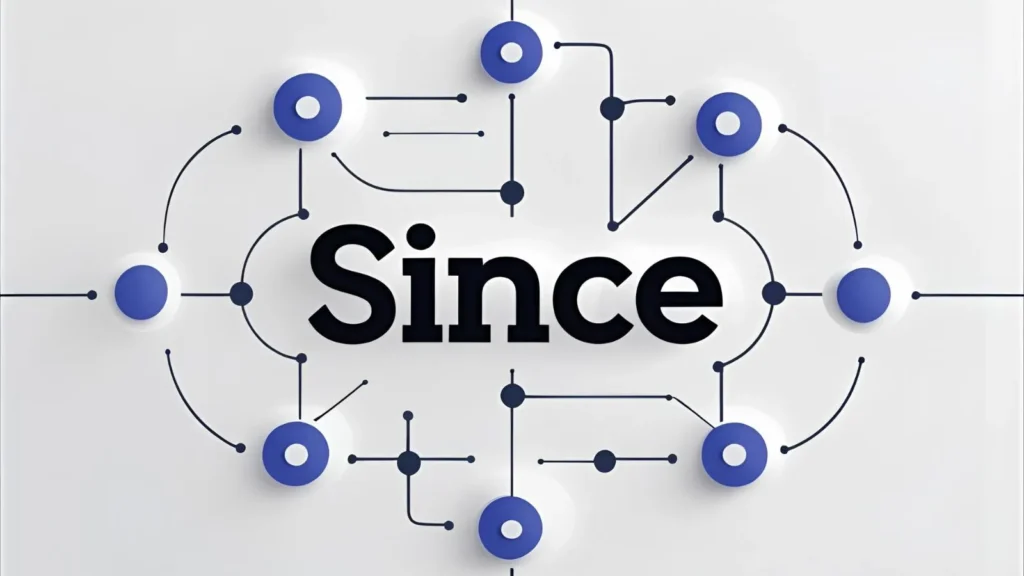
When you’re explaining a reason in a softer way, “since” or “as” can sound more natural or polite. These words are great when you want to be gentle or less direct.
Example:
Instead of saying, “I didn’t go because I was tired,”
You could say, “I didn’t go since I needed rest” or “As I was feeling tired, I stayed home.”
What to Say:
- “As the weather was bad, we stayed inside.”
- “Since I was already there, I helped out.”
- “As I forgot my lunch, I didn’t eat.”
- “Since we were early, we waited outside.”
What Not to Say:
- “Because I didn’t want to.”
- “I didn’t go, for no reason.”
- “It was boring, because boring.”
- “Because I said so.”
Try “Due To” for Formal Writing
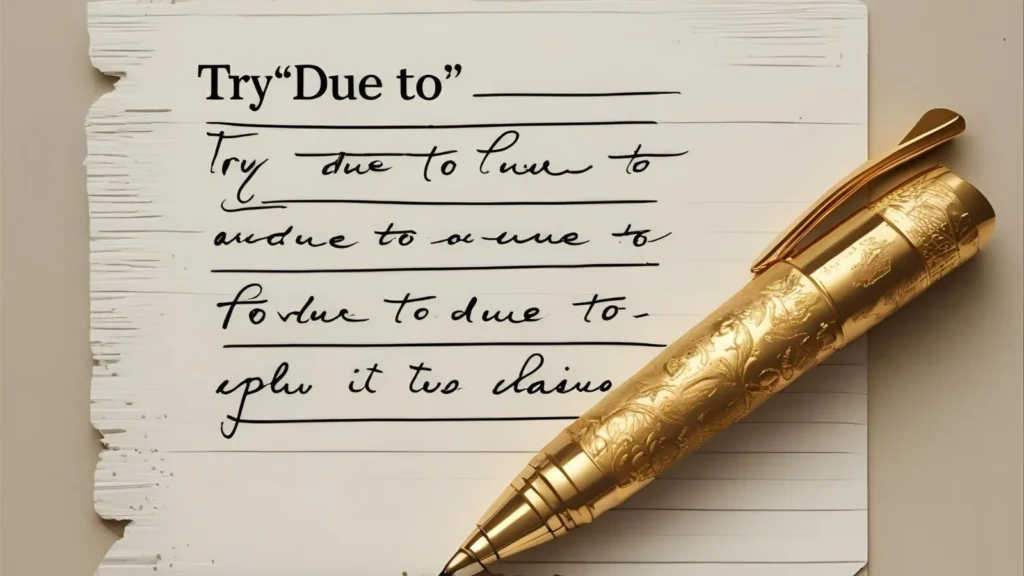
When writing essays, letters, or anything formal, “due to” is a great replacement for “because.” It sounds smart and fits well in school or work settings.
Example:
“Traffic was slow due to heavy rain.”
This sounds better than “Traffic was slow because it rained a lot.”
What to Say:
- “The game was canceled due to weather.”
- “He left early due to a family emergency.”
- “The class ended early due to technical problems.”
- “She missed the event due to illness.”
What Not to Say:
- “Because stuff happened.”
- “Cause it was bad.”
- “Because they said so.”
- “Just because.”
Use “So That” to Show Purpose

If you want to explain why you did something and show a goal, use “so that.” It makes your sentence clear and focused on the result.
Example:
“I studied all night so that I could pass the test.”
What to Say:
- “I saved money so that I could buy a bike.”
- “He practiced daily so that he could win.”
- “We left early so that we’d be on time.”
- “She spoke slowly so that everyone could understand.”
What Not to Say:
- “I did it, because I had to.”
- “Because reasons.”
- “So yeah, because it happened.”
- “I guess… just because.”
Say “In Order To” for Clear Intent

“In order to” is another way to show why something was done. It’s useful when you want to sound clear and focused, especially in writing or giving instructions.
Example:
“We study grammar in order to improve our writing.”
What to Say:
- “I eat healthy in order to stay fit.”
- “She took notes in order to remember.”
- “They practiced in order to do well.”
- “He raised his hand in order to ask a question.”
What Not to Say:
- “Because I wanted to.”
- “I did it, cause it worked.”
- “Because that’s what they said.”
- “I just did it, okay?”
Use “So” as a Simple Alternative

Sometimes, a simple “so” works better than “because.” It connects actions and results easily, especially in casual speech.
Example:
“It was late, so we went home.”
What to Say:
- “He was hungry, so he ate a snack.”
- “The store was closed, so we went back later.”
- “She was tired, so she took a nap.”
- “It rained, so we stayed indoors.”
What Not to Say:
- “Because we just did.”
- “’Cause it was a thing.”
- “Because something happened.”
- “It just did, because whatever.”
Final Thoughts
Knowing what to say instead of because can help you sound clearer, smarter, and more thoughtful in both writing and speaking. Whether you’re explaining your feelings, giving directions, or writing an essay, using different words adds variety and keeps people interested.
Next time you’re about to say “because,” try one of these simple swaps. Your words matter—and now you’ve got more ways to use them! 😊

